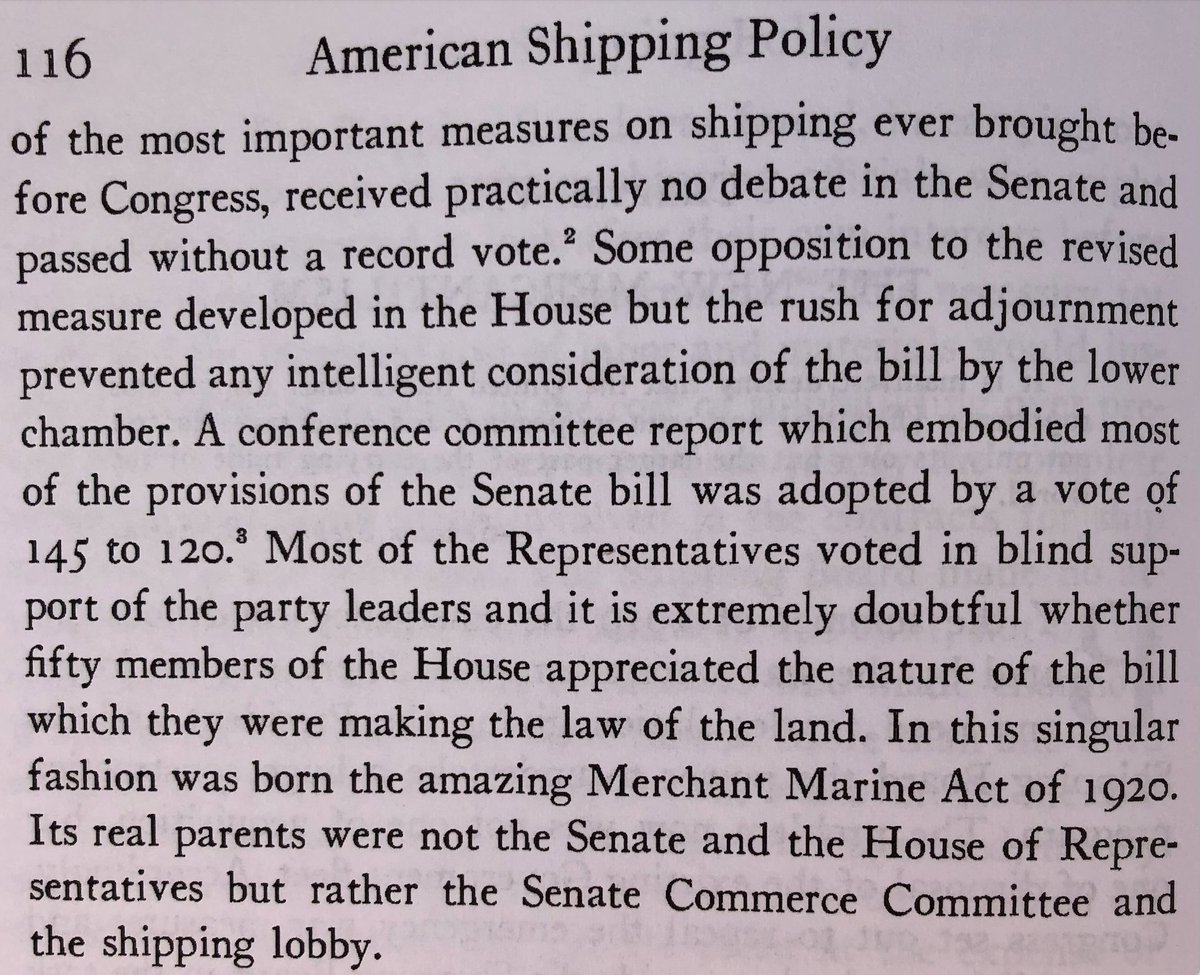
One of the least enjoyable aspects of working is the process of actually getting to work—and government policies are making it worse.
The country can do better, and changes to public policy—including trade policy—can help.
A #NewWorker 🧵
The country can do better, and changes to public policy—including trade policy—can help.
A #NewWorker 🧵
Nearly 85% of Americans drive a car, truck, or some other vehicle to work and back.
Millions more commute using mass transit systems that are unnecessarily costly, slow (average one-way bus commute time: 46.6 minutes), or unreliable.
Millions more commute using mass transit systems that are unnecessarily costly, slow (average one-way bus commute time: 46.6 minutes), or unreliable.
The average price of a new auto last year reached over $47K. Used car prices now avg over $27K.
Tariffs are partly to blame. Typically around 2.5%, they can spike as high as 25% for light trucks.
Tariffs on steel used to make cars & items like tires further increase costs.
Tariffs are partly to blame. Typically around 2.5%, they can spike as high as 25% for light trucks.
Tariffs on steel used to make cars & items like tires further increase costs.
Other government policies drive up costs as well.
Most states, for example, prohibit auto manufacturers from selling directly to consumers and impose other restrictions to spare dealerships from competition.
en.wikipedia.org/wiki/Tesla_US_…
Most states, for example, prohibit auto manufacturers from selling directly to consumers and impose other restrictions to spare dealerships from competition.
en.wikipedia.org/wiki/Tesla_US_…
American commuters also pay more in less direct ways—such as time spent in traffic.
One reason for long commutes is zoning restrictions that limit housing development.
Such laws drive up prices, push development outwards, and separate workers from their places of employment.
One reason for long commutes is zoning restrictions that limit housing development.
Such laws drive up prices, push development outwards, and separate workers from their places of employment.
Commutes are also lengthened by infrastructure that is overconsumed due to a lack of pricing.
One way to ensure traffic flows smoothly is dynamic tolling that adjusts prices to reflect demand.
One example of this can be found on I-66.
ride66express.com
One way to ensure traffic flows smoothly is dynamic tolling that adjusts prices to reflect demand.
One example of this can be found on I-66.
ride66express.com
Infrastructure may also be insufficient due to laws that delay new roads being built.
Protectionist Buy America laws make infrastructure projects unnecessarily costly by requiring the use of U.S. construction materials.
Protectionist Buy America laws make infrastructure projects unnecessarily costly by requiring the use of U.S. construction materials.
Costs are also increased by the Davis-Bacon Act that mandates “prevailing wages” be paid on infrastructure projects.
The National Environmental Policy Act, meanwhile, requires environment impact statements that can delay projects for years.
The National Environmental Policy Act, meanwhile, requires environment impact statements that can delay projects for years.
Protectionism also increases the cost of capital equipment.
Light rail and buses purchased with federal dollars must be assembled in the US and have at least 70% of their cost manufactured domestically.
This makes the modernization and expansion of mass transit more expensive.
Light rail and buses purchased with federal dollars must be assembled in the US and have at least 70% of their cost manufactured domestically.
This makes the modernization and expansion of mass transit more expensive.
Protectionist laws also require ferries used by some workers in their commutes to be U.S.-built.
That adds significant costs to the purchase of new ferries and helps explain the use of vessels long past their prime.
cato.org/blog/us-ferry-…
That adds significant costs to the purchase of new ferries and helps explain the use of vessels long past their prime.
cato.org/blog/us-ferry-…
These are just some of the many laws that can be repealed or reformed to better meet the transportation needs of U.S. workers.
See more in my chapter in “Empowering the New American Worker: Market‐based Solutions for Today’s Workforce” (#NewWorker).
cato.org/empowering-new…
See more in my chapter in “Empowering the New American Worker: Market‐based Solutions for Today’s Workforce” (#NewWorker).
cato.org/empowering-new…
• • •
Missing some Tweet in this thread? You can try to
force a refresh














